Before I joined this program, I sat and wrote a vision for how I wanted my class and students to look and act. After years of trying various approaches based on ideas I had received from colleagues; snippets of articles or books I remembered; professional development I had taken, I decided it best to try and focus my work and effort by stating more succinctly, my goals. In teaching, I find, it is easy to be pulled in multiple pedagogical directions, following the latest trend (whether that be a tech toy or activity to try) only if it takes for a new shiny idea to cross your path and inspire new and different directions. I feel like I have been very creative and exploratory in my career, but also feel like I have yet to see any one idea through long enough to perfect its usage and reap the benefits in the form of significant improvements to student learning.
I just opened my visions from January, here is what I wrote for my science class:
SCIENCE: Students work to answer (student-generated) inquiry questions. They can choose sources and construct meaning using a variety of templates and can organize information for understanding. They are organized, priority–focused, self–regulating and can prepare and progress through a plan to show learning with an individual, unique artifact for assessment.
The question I have now of course is “How will my master’s Cohort support the creation of that vision?” My professor only recently said “own your program.” What does that mean to me? When a past student of the program came to speak to us (to ease our nerves I suppose), it was mentioned that they had not revisited their final project in some time. This disappointed me. One thing I am certain of is that I don’t want this program to become a one-off idea like so many of the changes I have made in my classrooms over the years. Not that this past student didn’t gain anything meaningful that has stuck with them – they referenced the permanent change the program had made on them personally and professionally – it’s just that I want to make sure my project is less a project and more a framework for my practice moving forward for the foreseeable future. Something that I don’t have to think about looking back at (like a high school yearbook), but something that seamlessly integrates and changes what I do in my classroom in a tangible way that students and colleagues can see and learn from. This requires a little bit of a shift in thought (something another grad of the program mentioned): working and producing things as a professional, not to please the teacher and get a grade. Not having a defined direction but creating a product and direction. Which I guess comes back to owning my program.
As I mentioned, I have lots of competing ideas. Just looking at my vision statement, it would require that I work on exploring (and have superficially) the research on project-based learning (PBL) in high school settings, and specifically addressing how content is restricted or modified to accommodate for this process. My roadblock to this idea stems from the supposed need of “preparing” students for the next course, or year by making sure all the content is covered (best done by direct instruction) – something that I struggled to do in my limited experience incorporating some PBL into my classes. As mentioned in one of our required readings by Clark et al.: “The work of Klahr and Nigam (2004), discussed earlier, unambiguously demonstrated the advantages of direct instruction in science. There is a wealth of such evidence.”
Of course, research can be found to support the other side, as we saw in another reading by Barron & Darling-Hammond out of Stanford University. They stated: “Additional studies have documented positive changes for teachers and students in motivation, attitude toward learning, and skills, including work habits, critical thinking skills, and problem-solving abilities.” While I may like to focus on investigating research to support this shift towards PBL, if I want to cut content as a result and still explain myself to colleagues, administration and parents, I can’t disregard direct instructional support…I’m sure a happy balance is achievable once I consult and digest the research for and against this idea.
The second meaningful component of my vision comprises a bunch of executive functioning skills (organized, priority-focused, self-regulating) that I feel might be best targeted with work on reflection and blogging. I experimented with video reflections at the end of this school year (using Flip Grid). My goal was just to see how the ecosystem played, but I saw potential in using it to have students reflect on their successes and numerous failures, and as a springboard to discussing said executive functions.
Ultimately, the next few weeks, I hope, culminate in me finding what I want to gain from this program – delineating and clarifying what am I interested in exploring or creating that will best model my practice vision going forward. Stay tuned.
PHOTO: “Mr. P. at Francisco Middle School” by Todd Berman is licensed under CC BY-NC-SA 2.0
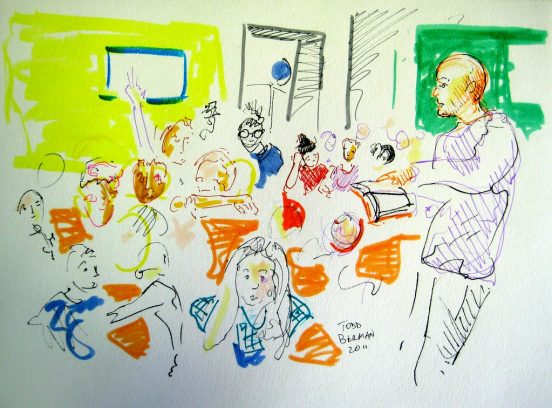
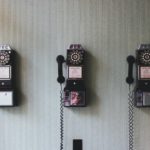

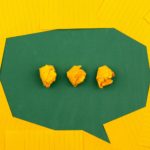
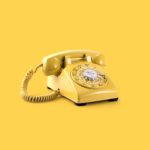

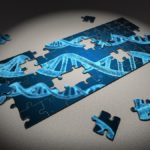
Trevor Hood
July 5, 2019 — 2:47 pm
Great quotation from Neil Young! On another note, the theme with content set by the ministry of project work is something I am struggling with too.